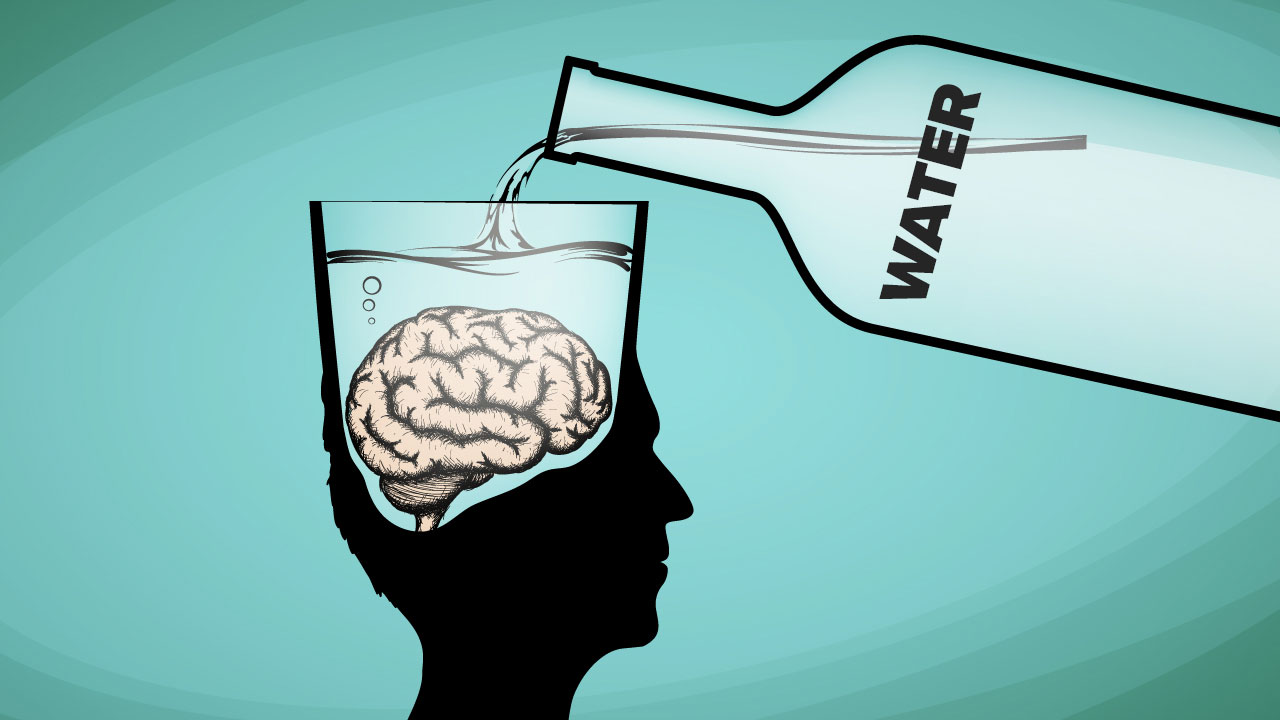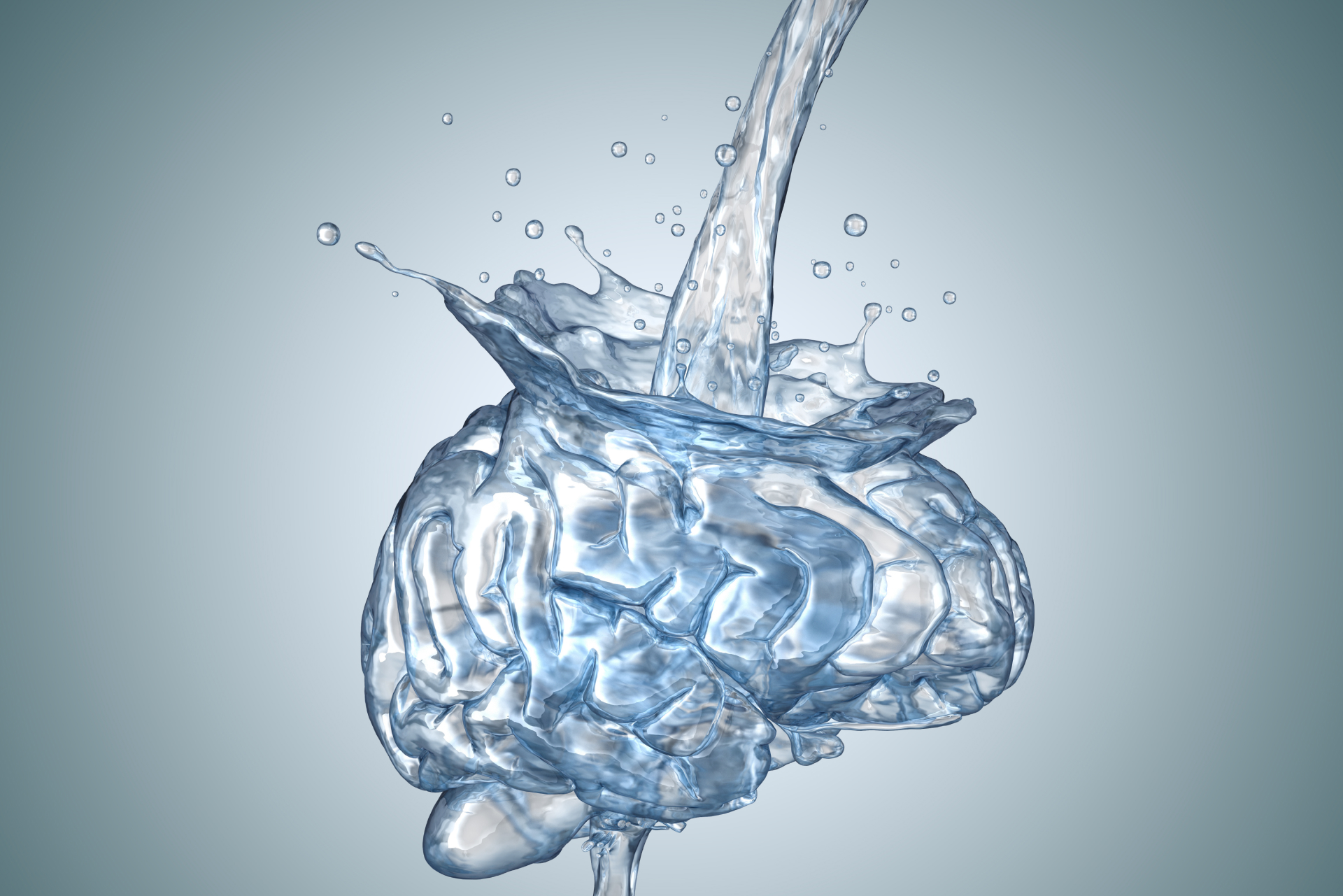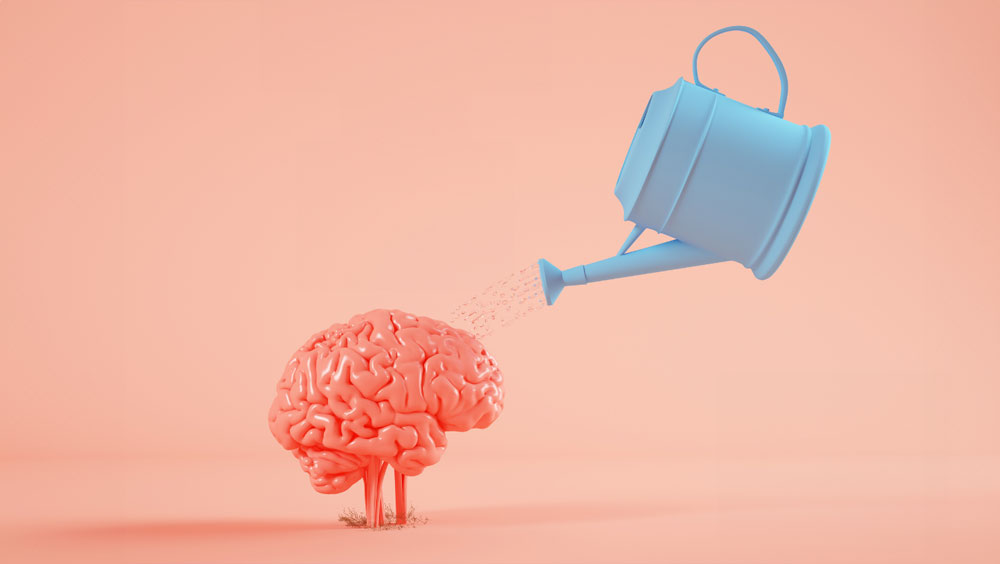In the complex tapestry of mental health, where countless factors weave together to influence our emotional states, one often-overlooked thread is the role of hydration. Exploring the subtle yet significant connection between dehydration and anxiety reveals a striking relationship: inadequate hydration can exacerbate anxiety symptoms, intensifying a cycle of stress and discomfort. By delving into this connection, we uncover how even minor imbalances in hydration can disrupt our body's equilibrium, leading to amplified feelings of tension and unease. Understanding this dynamic offers a new perspective on managing anxiety, emphasizing the importance of maintaining proper hydration as a simple yet powerful tool in nurturing mental well-being.
Dehydration: More Than Just Physical Effects

In the hustle and bustle of daily life, it's easy to overlook the importance of staying hydrated. Many people are unaware that dehydration can have significant impacts not just on physical well-being but also mental health. One such impact is the potential link between dehydration and anxiety, a connection that is often underestimated. When the body lacks adequate water, it can lead to changes in mood, increased heart rate, and heightened levels of stress, all of which can exacerbate feelings of anxiety. Furthermore, dehydration can impair cognitive functions, diminishing focus and triggering a sense of confusion or helplessness that can further fuel anxious thoughts. Making sure to drink enough water throughout the day is a simple yet effective step towards not only maintaining physical health but also supporting a balanced and calm state of mind. By staying well-hydrated, individuals can better manage stress, improve their mood stability, and reduce the risk of anxiety-related symptoms, cultivating a more resilient mental state in the face of daily challenges..
Does Dehydration Cause Anxiety?

Furthermore, dehydration may influence neurotransmitter production and hormonal balance, which are critical components in managing mood and anxiety levels. When the body lacks adequate hydration, it can lead to an imbalance in electrolyte levels, potentially disrupting brain function and exacerbating feelings of anxiety. Chronic dehydration might also contribute to ongoing stress on the body, creating a vicious cycle where stress and anxiety further inhibit regular drinking habits, deepening the issue. Addressing hydration could therefore be a simple yet effective strategy for alleviating anxiety symptoms in some individuals. However, it is important to note that anxiety is a multifaceted condition and other underlying causes should be carefully considered in conjunction with hydration status..
Impact On Brain Function

Dehydration's impact on the brain extends beyond cognitive impairments, as it can also disrupt the delicate balance of electrolytes crucial for optimal brain function. When dehydrated, the brain compensates by conserving fluid, inadvertently causing a shrinkage effect that can lead to headaches and impair concentration. Moreover, the decreased efficiency in neurotransmitter production not only affects mood regulation but also has the potential to hinder memory retention and problem-solving abilities. This underscores the vital role of proper hydration in sustaining not just physical equilibrium, but also mental clarity and emotional stability. By ensuring regular fluid intake, individuals can support both their cognitive performance and emotional resilience, fostering a healthier, more balanced lifestyle..
The Psychological Component

Moreover, the psychological ramifications of dehydration extend to mood fluctuations, often manifesting as irritability and lethargy. Such mood changes can create a vicious cycle, where the emotional instability discourages individuals from engaging in activities that could counteract dehydration, such as drinking water or consuming hydrating foods. This interplay between the physical and psychological can amplify feelings of helplessness and decrease motivation, further blurring the lines between physiological necessity and mental health. Addressing hydration adequately could thus alleviate these symptoms, potentially serving as a simple yet effective intervention to enhance overall well-being and cognitive resilience..
A Catalyst For Existing Anxiety

For individuals who are already predisposed to anxiety, maintaining proper hydration levels can be a crucial aspect of managing their mental health. Dehydration, even at mild levels, has been shown to negatively impact mood and intensify feelings of stress and anxiety. This occurs because dehydration can lead to a decrease in blood volume, which in turn affects the delivery of oxygen and nutrients to the brain, impairing cognitive function and emotional regulation. Consequently, integrating adequate hydration into daily routines should be considered an essential component of a holistic anxiety management strategy. This can be achieved by establishing a regular habit of consuming water throughout the day and being mindful of factors such as climate, physical activity, and individual health needs that may influence hydration requirements. By prioritizing hydration, along with other therapeutic practices, individuals may find themselves better equipped to navigate the intricacies of their anxiety with greater resilience and stability..
Role Of Nutrition In Hydration

In addressing dehydration and anxiety, it is essential to recognize the importance of a balanced diet. Foods rich in electrolytes and proper mineral balance can support hydration levels and, in turn, help stabilize mood and anxiety levels. Incorporating hydration-conscious habits can make a significant difference. Begin by adding more fruits and vegetables like cucumbers, oranges, and spinach to your daily meals, as they are not only water-rich but also packed with crucial vitamins and minerals. Consider drinking coconut water or electrolyte-enhanced beverages to replenish essential salts lost through sweat. Additionally, set reminders to drink water regularly throughout the day, aiming for at least eight glasses to maintain adequate hydration. Simple practices like eating more potassium-rich foods, such as bananas and sweet potatoes, can also prevent imbalances that may contribute to increased anxiety. By making these small, intentional changes to your dietary and hydration habits, you can create a more supportive environment for mental and physical well-being, fostering a life with reduced anxiety and improved overall health..
Practical Steps To Stay Hydrated

Incorporating a balanced diet rich in water-dense foods such as fruits and vegetables can further support hydration efforts, creating a well-rounded approach to reducing anxiety related to dehydration. Engaging in regular exercise not only helps regulate stress levels but also encourages consistent fluid intake before, during, and after physical activity, promoting optimal body and mind health. Additionally, using mobile apps or smart devices to track water consumption can offer a structured way to ensure enough fluids are being consumed daily. By creating a routine around hydration and staying attuned to one's physical signals, individuals can foster a sense of well-being and minimize anxiety's hold on their life..
Hydration As A Mental Health Strategy

The exploration of dehydration and anxiety highlights the essential role of water in mental health. Health professionals often recommend considering hydration as a fundamental part of mental wellbeing strategies. Proper hydration may not eliminate anxiety entirely, but it can reduce its intensity, acting as a supporting factor in mental health maintenance. Many studies have suggested that even mild dehydration can influence mood, energy levels, and cognitive function, subtly exacerbating symptoms of anxiety. Therefore, integrating sufficient water intake into daily routines is a simple yet effective measure to promote overall emotional balance. By prioritizing hydration, individuals may experience clearer thinking, improved mood stability, and a greater resilience against stress. As such, water becomes not just a physical necessity but a vital ally in the pursuit of mental health..
In conclusion, acknowledging the connection between dehydration and anxiety highlights the essential role that proper hydration plays in maintaining mental health. Although dehydration alone may not trigger anxiety, it undeniably influences the intensity and frequency of its symptoms. By prioritizing adequate water intake in our daily lives, we can foster emotional resilience and enhance our psychological well-being. Therefore, integrating mindful hydration practices into our regular wellness routines can serve as a simple yet powerful strategy for supporting mental health and improving overall life quality.


